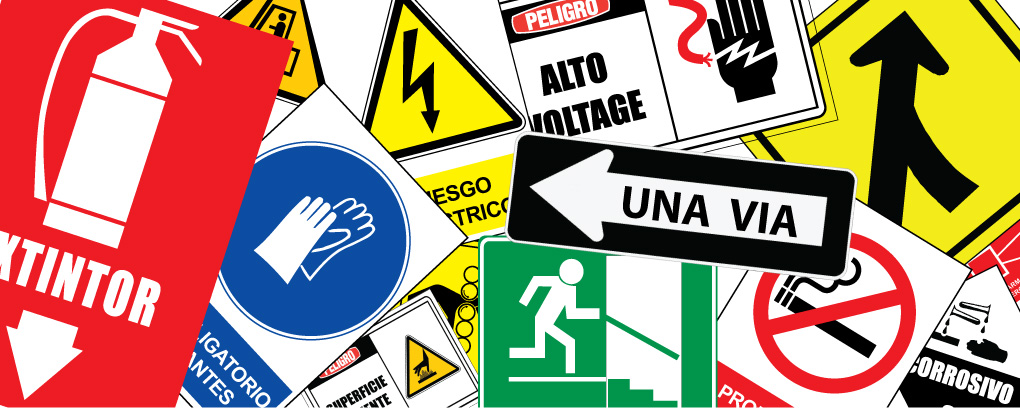

What do I need to consider regarding safety for my food truck?
Fast food trailers are one of the fastest developing establishments in the food service industry.
This fast-growing type of food service brings with it hazards such as fire hazards, especially for inexperienced operators. With accidents involving cooking appliances and chemicals also posing significant threats, caution is necessary when operating a food truck business.
That's why it's especially important to do your safety homework if you're a new food truck owner. So how can you ensure their safety?
To get you started, here there are 6 safety tips for the operation of your mobile home:
1. Install an automatic fire extinguishing system
Whether you are using an electric or gas cooker within your food truck equipment, arson is always a risk. And with most food truck trailer fires involving cooking equipment, many municipalities have made it mandatory to install an automatic fire extinguishing system. Even if your municipality doesn't, it's best to install one yourself to be on the safe side and avoid unpleasant surprises! This type of fire suppression system automatically releases fire suppressant chemicals in the event of a fire. They also come with a manual switch, which you can use to cut off the electricity or fuel supply to food truck appliances used for cooking in case things get dangerous.
For optimum performance and safety, professionals must install a fire suppression system. And since, like any other system, fire suppression systems can become unresponsive or fail, you should schedule semi-annual inspections by a professional. If you cannot find an inspector in your area, you should ask the system manufacturer to refer you to a certified dealer for routine maintenance and inspection.
2. Ensure optimal ventilation
A good ventilation system is the heart of every mobile caravan business as it keeps your kitchen free of smoke, excess steam, dust and other debris. It also prevents the build-up of oil droplets, which can result in greasy cooking surfaces. Grease, smoke, dust, steam and other debris can become safety hazards when left unchecked. Greasy surfaces can be slippery and this can cause all kinds of accidents. Dust particles, steam and debris can contaminate food and cause health hazards.
That is why you need to keep your ventilation system in top condition through routine inspection and maintenance. Not only do you need to inspect the various parts for damage, but also clean them regularly. The parts you should pay attention to here are the ventilation hood of your gas cooker, the exhaust fan, the hood filters, the grease containment system and the ducting.
Hood filters are particularly prone to wear and tear, and you should monitor them for any signs of damage. If you can't repair them, it may be time for a replacement. In addition to that, you should also keep the extractor belts in good working order. You may want to have a spare fan belt on hand in case of problems, as they break easily.
Also, keep an eye out for frayed wiring on your fan and motor. Make sure that the updraft fan remains balanced at all times. Also, keep the bearings in top condition. If your fan is mounted on the roof of your fast food truck, it will be vulnerable to debris and adverse weather conditions. As such, you should continue to check it frequently for damage.
3. Buy portable fire extinguishers for back-up
In particular, buy Class K extinguishers. These are specifically designed to extinguish fires involving oils and greases. Such fires burn at high temperatures and can be difficult to extinguish with a trailer extinguisher of any other type.
But for all other fires (electrical, paper, plastic, wood) you can use ABC extinguishers.
Note that Class K fire extinguishers will work best if you use them after activating your built-in hood suppression system.
4. Don't overlook staff training
Staff training is important if you want to keep your truck food on the streets.
Employee training will not only help you to pass health inspections, but also to prevent fires and occupational hazards.
As such, you should ensure that all members of your crew receive food truck trailer safety training. There are free online courses you can use to teach your crew the correct way to handle food, equipment and emergencies. But if you're not a DIY enthusiast, you can subcontract an expert for a small fee.
5. Don't let sick employees report to work
In case of a member of your staff becomes ill, allow them to get better before resuming work. Allowing sick staff to prepare food is wrong for several reasons. First, they may contaminate food, especially if their symptoms include coughing, vomiting and/or diarrhoea.
Secondly, a sick person is likely to be less focused when operating kitchen equipment, and this can lead to accidents. In addition, if health inspectors discover that you are allowing sick employees to prepare food, they can close your fast food business.
6. Conduct self-inspections
Twice a month, walk around your mobile kitchen and take note of any security issues. This will allow you to identify potential safety concerns early enough so that you can devise an appropriate plan of action before the situation becomes more serious.
This means inspecting all your equipment for faults, as well as carrying out health inspections. But for the latter, you will need health inspection forms so you know exactly what you are looking for. You can download them from your health department's website or borrow some from your health inspector.
?